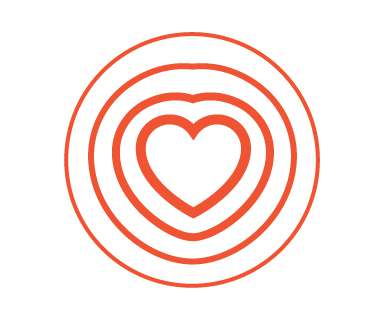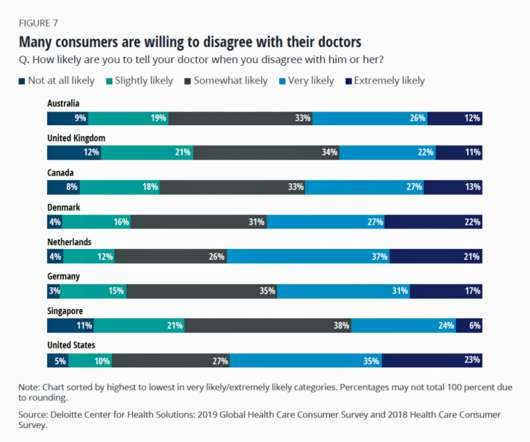A Health Future with Lyft and Uber as Patient Data Stewards: Rock Health’s 2019 Consumer Survey
Health Populi
OCTOBER 29, 2019
Patients searching online for health information and health care provider reviews is mainstream in 2019. Digital health tracking is now adopted by 4 in 10 U.S. Rock Health’s Digital Health Consumer Adoption Report for 2019 was developed in collaboration with the Stanford Medicine Center for Digital Health.












Let's personalize your content